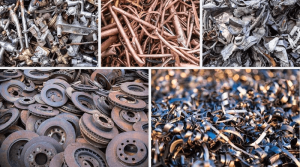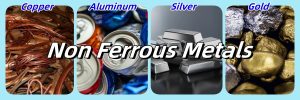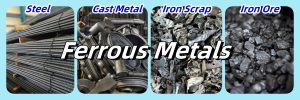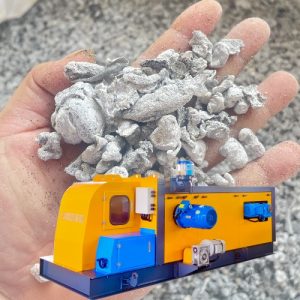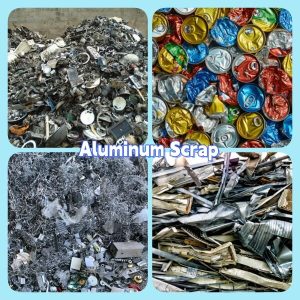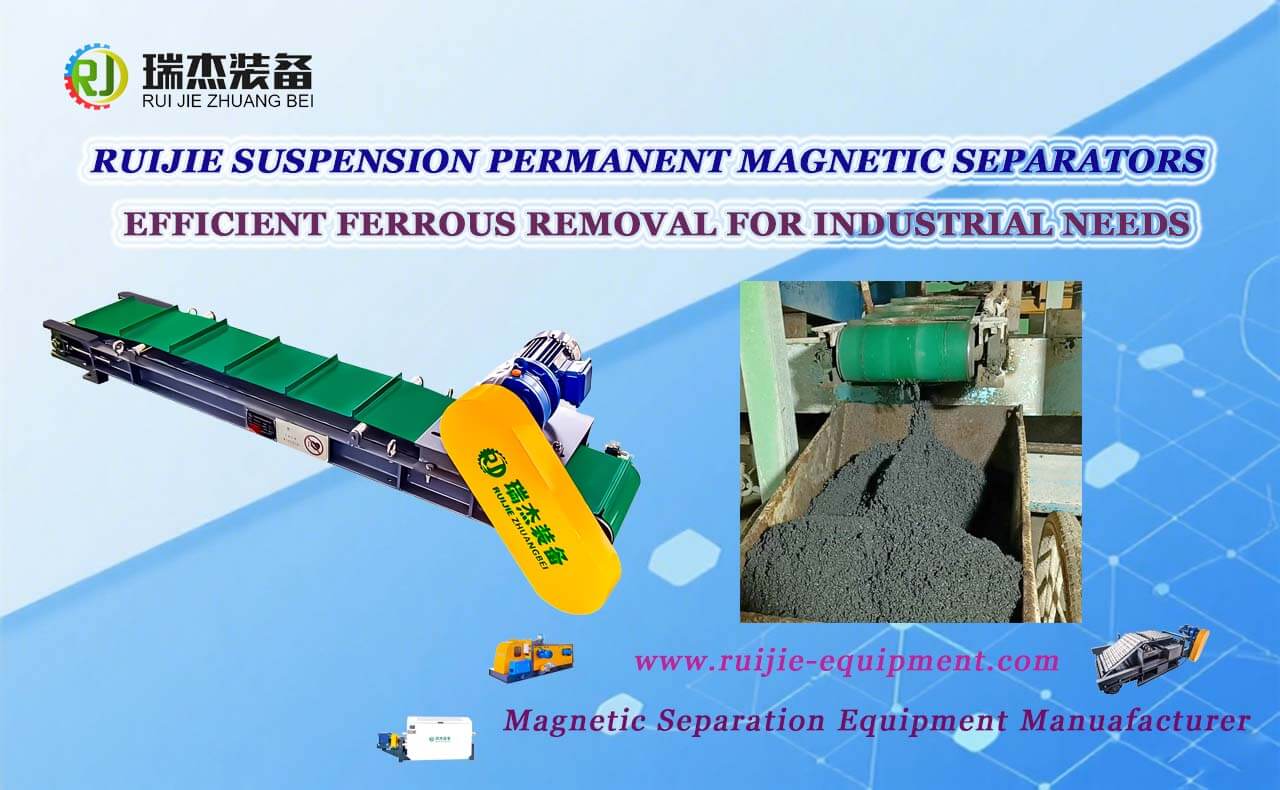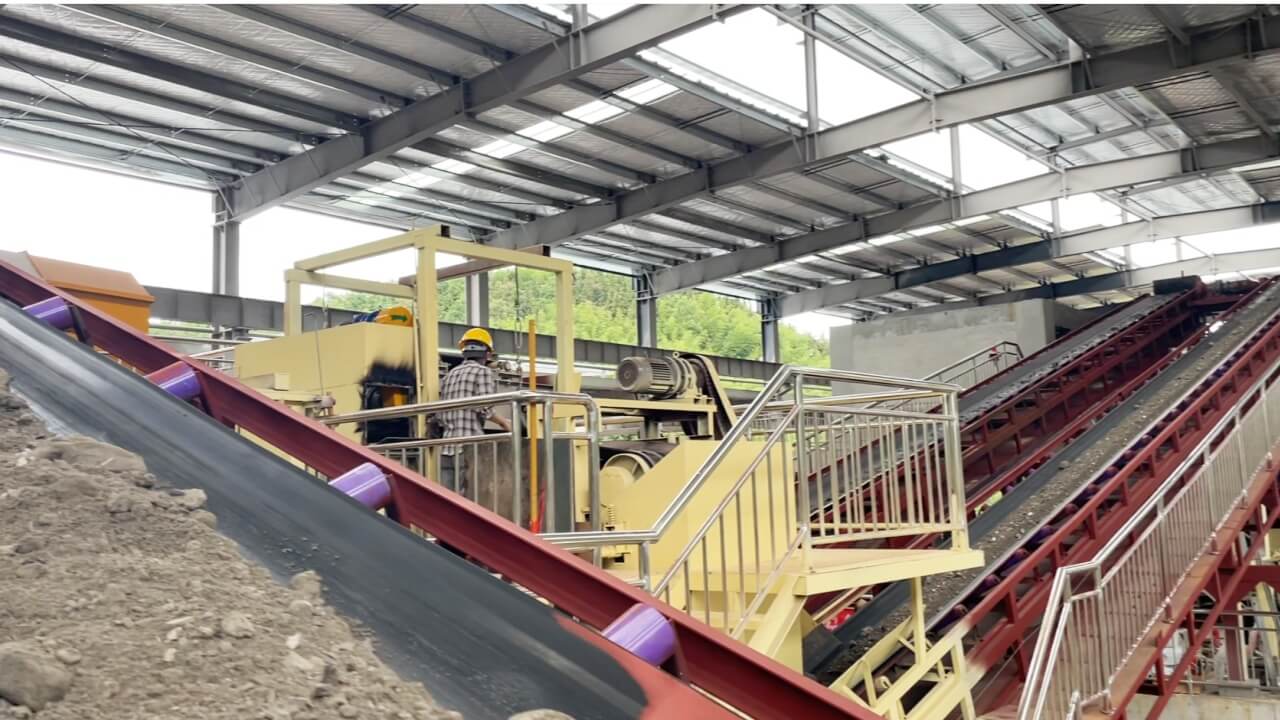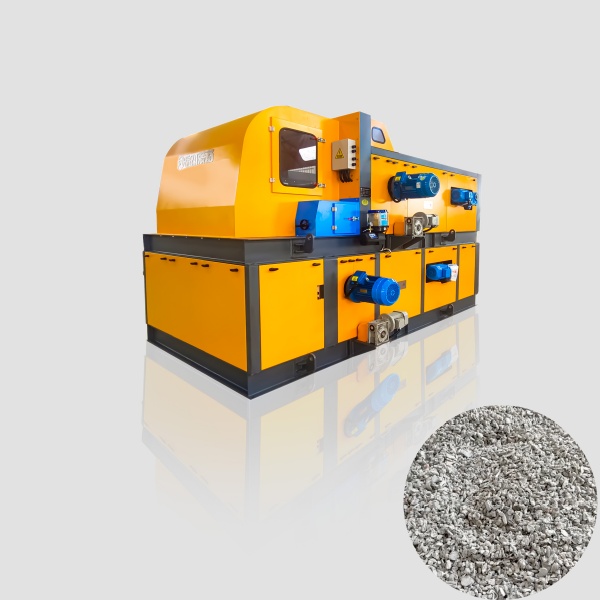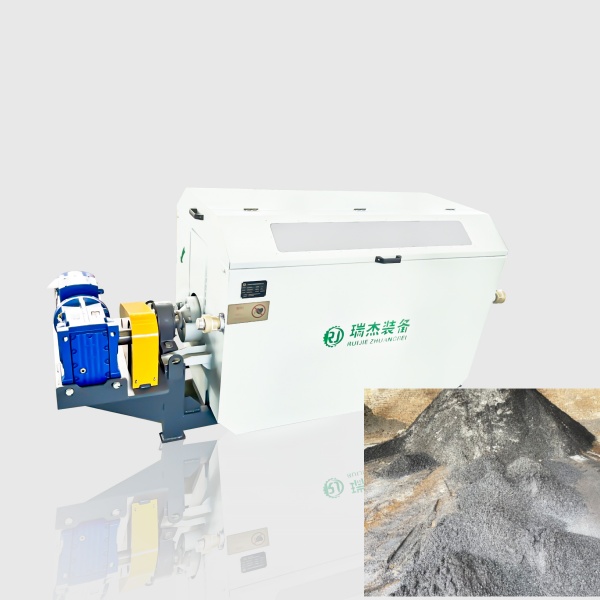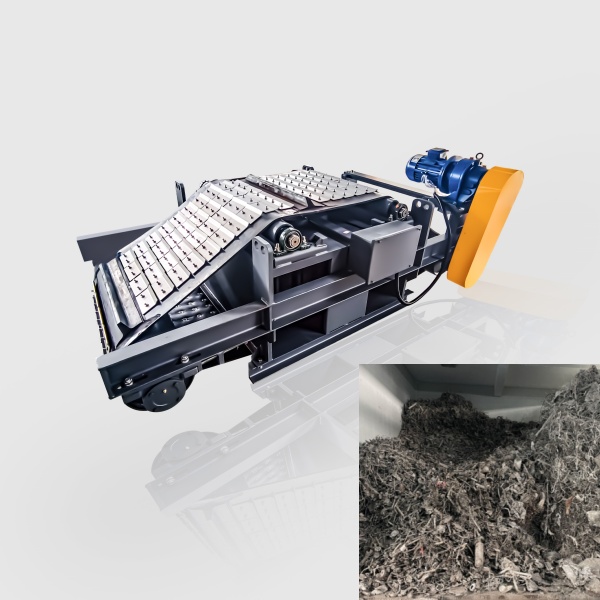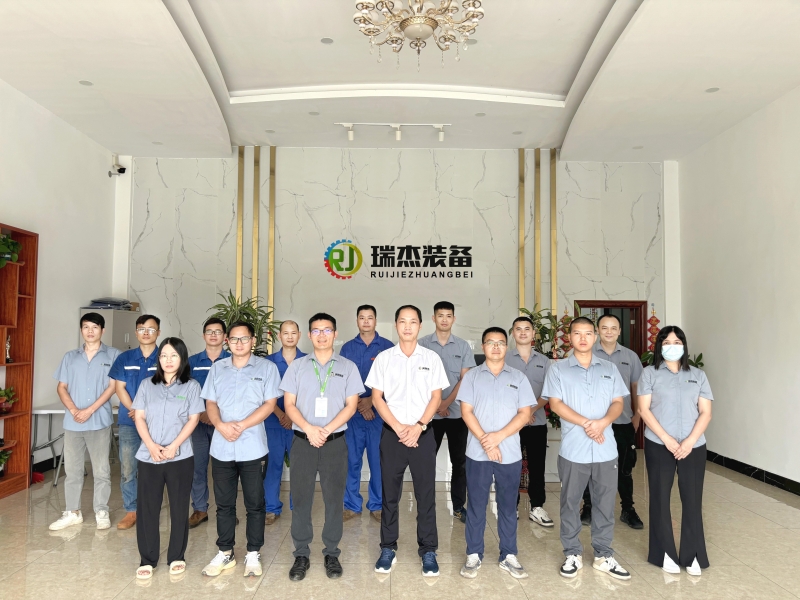Metal is indispensable in industries like construction and electronics, but its overconsumption and poor disposal cause severe waste and environmental harm. How to reduce metal waste is a global/industrial issue that demands urgent attention and solutions.
Global Metal Production & Consumption
- Top metal producer: China leads the world, contributing over 50% of global steel output and a large share of aluminium, copper, and zinc production. Its industrial growth drives this dominance but also demands sustainable resource management.
- Rising global consumption: In 2023, global steel use reached 1.8 billion tonnes (per World Steel Association), and aluminium consumption hit 70 million tonnes.
- Waste source: Most demand relies on virgin ore extraction—an energy-heavy process that generates waste (e.g., mining tailings, unused manufacturing scrap). Reducing this waste is now a must.
How to Reduce Metal Waste: Core Strategies
The key to cutting metal waste is maximizing recycling rates, which starts with efficient scrap separation. Here are two critical steps:
On-site scrap collection: Industries should set up systems to capture unused metal, aluminium scrap from automotive plants,instead of mixing it with general waste.
Advanced sorting technology: Traditional manual sorting is slow, error-prone, and unable to handle large mixed scrap volumes. This is where metal sorting machines and recycling separator machines make a difference.
Example:
Ruijie’s eddy current separator, a key recycling separator machine, excels at sorting non-ferrous metals, like aluminium, copper, from mixed waste. Its high-speed magnetic system achieves over 95% accuracy—even for small aluminium scrap particles—preventing valuable metals from going to landfills.
For ferrous metals, like iron, steel, Ruijie’s magnetic separation machines, like wet drum magnetic separator, electromagnetic overband separator, boost efficiency further, separating iron-based scrap in seconds. Integrating these devices into recycling lines turns mixed waste into high-purity recyclables, reducing the need for virgin metal production.
Key Questions About Metal Recycling
Q1: Is metal fully recyclable?
Generally, metals are highly recyclable, and most can be reused indefinitely without significant degradation in quality. For example, aluminum and copper are among the most recyclable metals, capable of being melted and reprocessed multiple times.
- Aluminium retains 95% of its original properties after recycling.
- Recycling aluminium uses 95% less energy than producing it from bauxite ore.
However, some challenges remain, such as contamination during collection and processing, which can diminish the quality of recycled metals. Therefore, effective sorting and purification are crucial—this is where advanced equipment like recycling separator machines and metal sorting machines become indispensable.
Q2: What is the most profitable metal to recycle?
Among various metals, aluminum stands out as the most profitable to recycle due to its high market value, ease of recycling, and widespread use. Recycling aluminum scrap requires only about 5% of the energy needed to produce primary aluminum from ore, making it economically advantageous. Additionally, the demand for recycled aluminum remains high in sectors like automotive manufacturing and packaging. Besides, copper also top the list.
Copper and aluminium top the list:
- Copper: High market value (around $8,000 per tonne) and widespread use in electronics make it highly profitable.
- Aluminium: Lightweight and in high demand (automotive, packaging industries) keep its recycling value stable.
Why this matters: Ruijie’s metal sorting machines prioritize these metals, helping recyclers capture maximum economic value while reducing waste.
The Future of Metal Recycling
Tech-driven trend: As global metal demand grows, recycling will become central to circular economy models—advanced sorting equipment will be essential.
Example: Ruijie is developing AI-integrated metal sorting machines to improve accuracy and handle more complex scrap mixtures.
Policy push: Rules mandating higher recycling rates (e.g., EU’s Circular Economy Action Plan) will drive wider adoption of recycling separator machines, making efficient waste reduction a global standard.
Conclusion
Reducing metal waste needs both systemic changes and tech support. By using tools like Ruijie’s metal sorting machines and prioritizing recycling, industries can cut environmental impact, save energy, and unlock economic value—turning metal waste from a problem into a resource.

